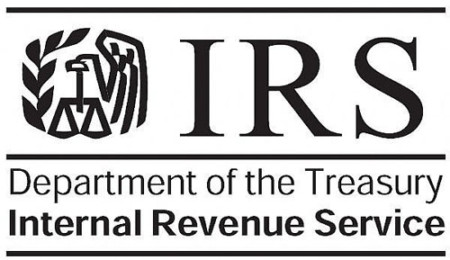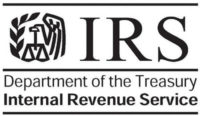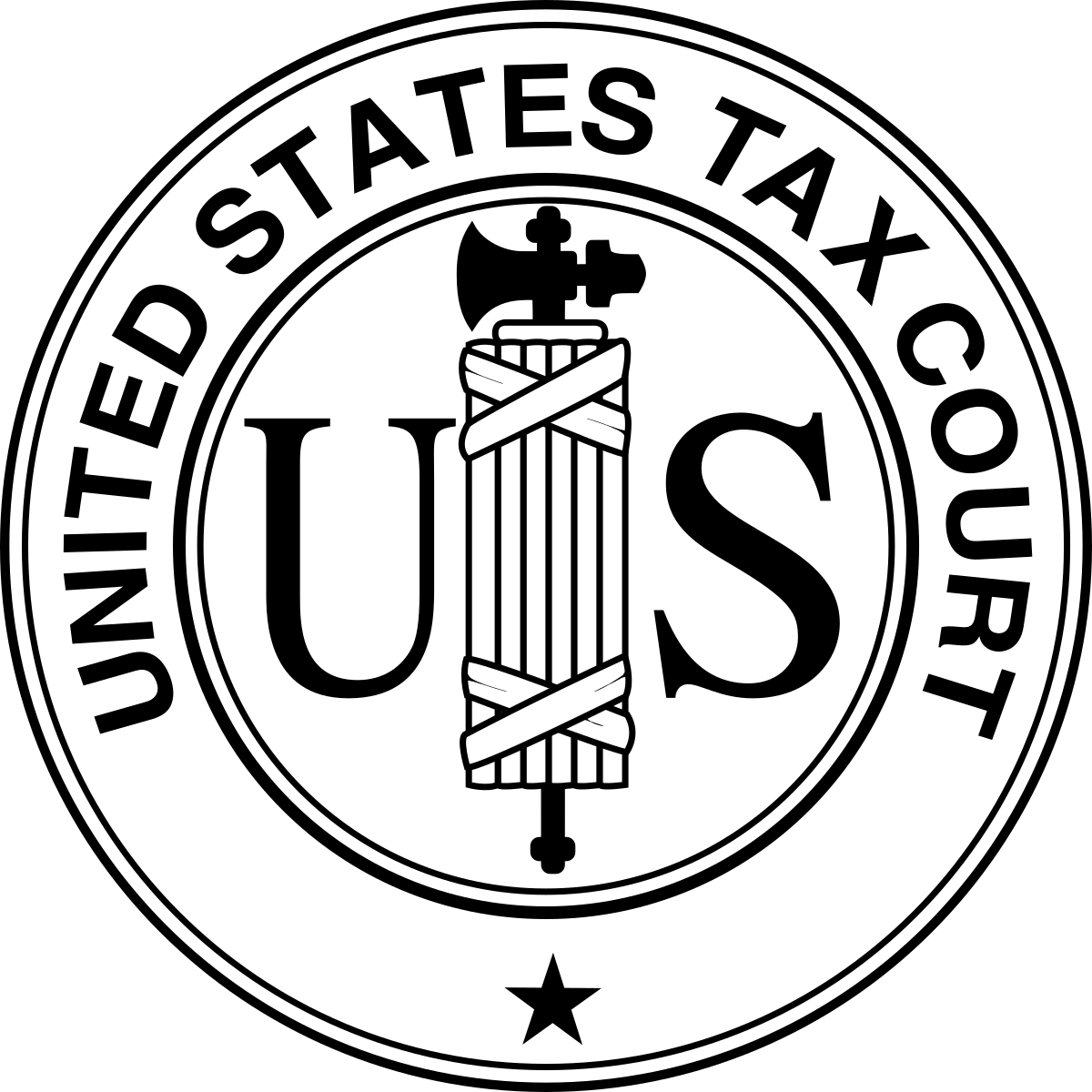On July 18, 2019, the Riverside County Sheriff’s Department in California served search warrants at 56 illegal cannabis cultivation sites. This operation was spearheaded by 390 law enforcement personnel, whose mission was to combat the ongoing problem of illegal cannabis cultivation sites throughout California.
- 47,939 marijuana plants confiscated
- 2,132 pounds of processed cannabis
- 47 tons of cannabis plants disposed
- 2 Butane Honey Oil Labs located
- 71 firearms
- 49 arrests
The target of the operation was illegal cultivation sites. Individuals or licensed businesses with permits to grow cannabis legally were not affected.
Illegal cultivation is far from just a California problem. For example, if Oregon halted cannabis production today, the state would not experience a shortage as it has a six-year surplus.
The fear for investors and legal growers is that, if some growers turn to the black market to unload excess inventory, federal enforcement will come into play, which will set back the legal cannabis industry to the stone age. Oregon is currently making moves to limit licensure for legal production, but some active licenses may also need to be revoked, which would leave those licensees with vast investment losses. In other words, legalized cannabis’s massive economic market is not without financial problems of its own.
Don’t Make a Federal Case Out of It
 Several states have legalized recreational cannabis with the intention of reimagining this vast underground market as an above-board business that bolsters the state’s economy via transparent dealings. To date, however, the federal government has refused to budge regarding cannabis’s status as an illegal Schedule 1 substance. This classification puts cannabis on a par with opioids. As such, those states that have legalized recreational cannabis are extremely motivated to keep these businesses on the up and up and not to pique federal interest.
Several states have legalized recreational cannabis with the intention of reimagining this vast underground market as an above-board business that bolsters the state’s economy via transparent dealings. To date, however, the federal government has refused to budge regarding cannabis’s status as an illegal Schedule 1 substance. This classification puts cannabis on a par with opioids. As such, those states that have legalized recreational cannabis are extremely motivated to keep these businesses on the up and up and not to pique federal interest.
Black Market Vulnerability
One of the tenets of legalizing cannabis is stemming the proliferation of black-market suppliers and minimizing the negative effects that the “war on drugs”has had in minority communities. These positive impetuses have yet to flourish. As a result of the illegal status of cannabis at the federal level, cannabis-legal states are forced to operate as islands.
Generally, taking legally purchased cannabis across state lines – from a legal to an illegal state – is illegal, and this is not only confusing but is also a recipe for complications. This leaves cannabis-legal states vulnerable to black market activity. These pockets of legal recreational cannabis that are popping up around the country loosen the constraints of the cannabis movement while the legality of this movement remains problematic. The results are an environment that’s extremely hospitable to black market activity.
Supply and Demand
The reality is that – due to supply and demand – cannabis costs about half as much in cannabis-legal states as it does in states in which it’s illegal. Black market growers in legal states destabilize the market. Those legit companies which remain above board, pay their taxes and jump through every legal hoop, cannot compete with black market interlopers who eschew such niceties.
The point made by detractors of legal cannabis isn’t lost on the rest of us – the black market is burgeoning.States that have legalized production have inadvertently made it easier for illegal producers to hide in plain sight, and the line between legal and illegal operations can become blurred. This creates new frustrations for law enforcement and naturally cuts into the legal cannabis trade. The situation has left some opponents to legalization demanding new crackdowns – others characterize such suggestions as amounting to a new war on drugs.
No Going Back
Detractors of legalized cannabis claim the somewhat chaotic effects related to the current patchwork approach to legalization are a result of opening the gates to legalization in the first place. However, putting the genie of legalized recreational cannabis back in the bottle simply isn’t feasible for operational, financial and political reasons. With the proliferation of attendant illegal operations, however, it is becoming more and more clear that leveling the playing field – via some form of federal legalization – is inevitable. The current state-by-state solution leaves too much wiggle room for the illegal transport of cannabis from those states with looser restrictions to those states with tighter protocols. If politics is choosing between the disastrous and the unpalatable, the billion-dollar cannabis conundrum is a great example. The question may no longer be should we legalize cannabis but, instead, how do we legalize cannabis.In other words, we need to find a path forward, and focusing only on the pitfalls that we’ve experienced so far isn’t going to get us where we need to be.
A Tale of Two Choices
The point made by detractors of legal cannabis isn’t lost on the rest of us – the black market is burgeoning. As such, we have an important decision to make. A blanket prohibition of cannabis may no longer be practicable, so we’re left to choose between legal and overt practices across the board or a hodgepodge of semilegal practices with covert ops in tow. Fostering illegal activity is rarely in our nation’s best interests, which leaves legalizing cannabis at the federal level as possibly the most practicable solution.
Protecting Public Health
 As more states embrace the legalization of recreational cannabis, public health concerns remain an issue. Many of these illegal cultivators use chemicals that are banned in the United States and do not properly dispose of chemicals or waste products that destroy the environment, contaminate drinking water and have the potential to harm or even kill residents and domestic animals. Not only is this activity harmful, growers often steal electricity and water from surrounding residents.
As more states embrace the legalization of recreational cannabis, public health concerns remain an issue. Many of these illegal cultivators use chemicals that are banned in the United States and do not properly dispose of chemicals or waste products that destroy the environment, contaminate drinking water and have the potential to harm or even kill residents and domestic animals. Not only is this activity harmful, growers often steal electricity and water from surrounding residents.
Cobbling together a pastiche of laws, however, inevitably bolsters black market activity and does nothing to help protect public health. Even the staunchest proponents of legalizing cannabis don’t want minors involved in the equation. Additionally, few debate that unchecked usage is a healthy option. Quasi-legislation at the state level (and on a state-by-state basis), however, provides neither a check nor a balance.
Onward and Upward
The most likely next step for safeguarding public health, for stemming black-market activity, and for generating maximum revenues is toward thoughtful and comprehensive national legalization that comes sooner rather than later. In the meantime, law enforcement should protect the public, legal operations, investors, and the environment from the black market.
The opinions expressed are those of the author and do not necessarily reflect the views of Guidepost Solutions or its clients.


































